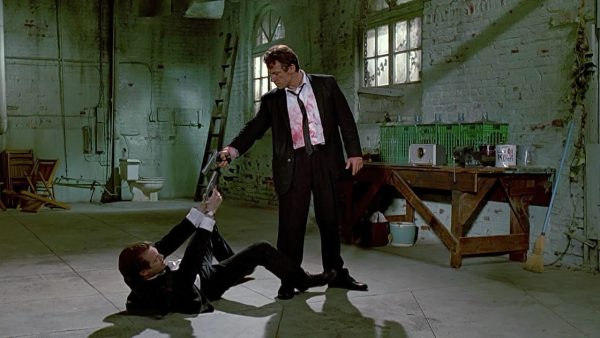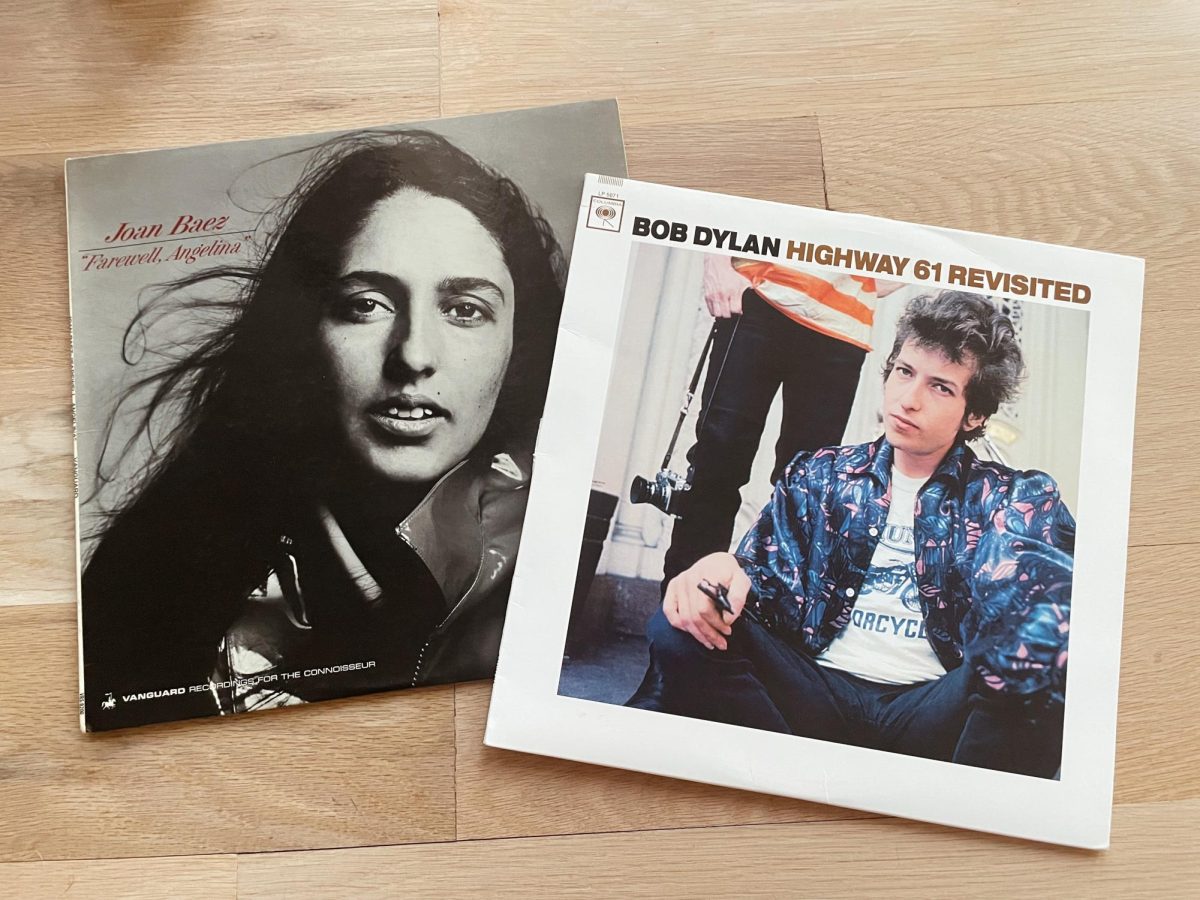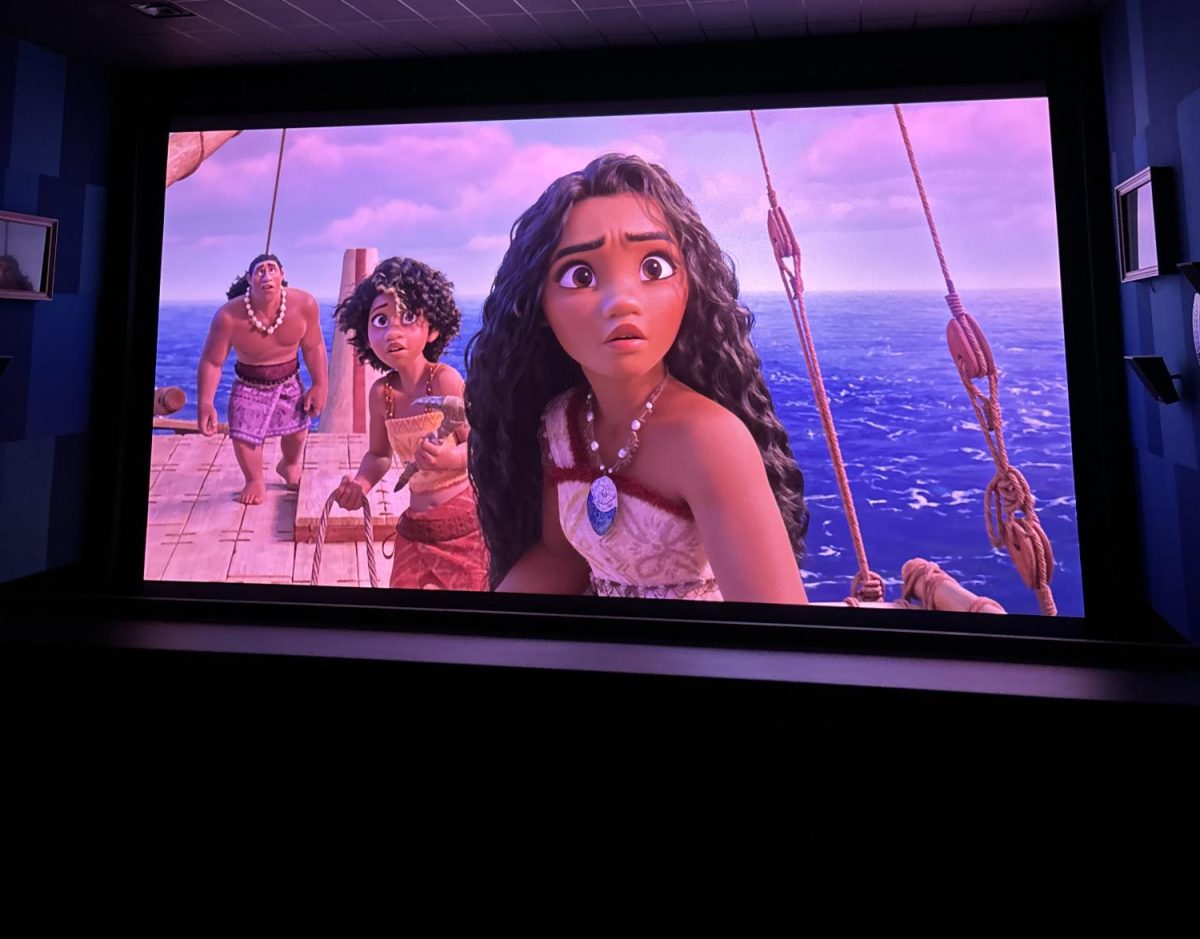What is the key to a quality movie? Most of the time, people will answer this question with answers involving the actors, writing, or plot. But the music, an essential part of the movie, often goes overlooked.
The sound we experience during a movie is usually overshadowed by the visual components happening on the screen. Despite this, what makes a movie recognizable to most people is the soundtrack in the background.
“Star Wars” and “Harry Potter” both feature scores written by legendary composer John Williams. His iconic score of both franchises is so well known that just hearing one second of each will have most people identifying the movie.
“The Breakfast Club,” another iconic movie, has a scene at the end with one of the main characters walking off the school’s campus, his fist in the air, to the song “Don’t You (Forget About Me).” This scene with this music is so ingrained in pop culture that many other famous movies, including “Spider-Man,” “Wonder Woman,” and “Pitch Perfect,” reference it.
Music is an integral part of any movie. English teacher and film expert Micah Margolies states, “Even in the early silent movies, they weren’t actually silent. They had music.” At these silent films, there were often orchestras or bands to play live music for the audience to accompany the movie.

Watching a movie can cause many feelings. Whether it’s sadness, happiness, or anger, the music in the movie always has something to do with that emotion. Margolies states, “When you think about some of the most famous movies… a lot of the time it’s deeply intertwined with the music.”
What is the science behind music’s impact? The reason we so deeply connect movies to music is all about our brains. Music stimulates your brain, most specifically your amygdala, which is the part of your brain that deepens emotions like fear, happiness, or amazement. Music also enhances our memory, which is what causes us to associate scores with the movie scene or emotions in the movie, even years after watching something.
The brain can predict the movie based on the score. Our brain picks up on musical patterns, which is why fast-paced music can alert us to action, ominous music can tell us of a villain, and happy music can tell us something good is happening or about to happen on screen.
A new movie that was famously snubbed at the Oscars this year was “Challengers,” which is a great example of how music can influence the movie-watching experience.
“Challengers” uses… 80s music.. very electronic like synthesizers,” Margolies says. By using techno music that you’d expect to hear in a club, “Challengers” can throw their audience into the movie, a dramatic love-triangle story set against intense tennis competitions.
“The music feels like you’re at the game… the filmmaking matches the music. A lot of the shots in that movie will track the tennis ball… and you can feel it,” Margolies says. The beat of the music syncing with the tennis ball going back and forth between the characters engages the audience in a way that should have qualified them for an Academy Award.
In “Challengers”, the music and the movie have the same feeling. But in some movies, the director and the scorer choose to make the music and the movie contrast.

Martin Scorsese and Quentin Tarantino, two of the most famous directors, do this in their movies. Margolies explained, “In ‘Reservoir Dogs’… there’s a very famous scene where one of the characters interrogates another character.. It’s a very brutal, violent scene. He ends up cutting off his ear… and the song that’s playing during it is “Stuck in the Middle”… a very fun, jaunty song.”
Playing a funny, happy song during gory scenes might feel weird, but it makes the scene and the song much more memorable to the audience.
Movies have infinite opportunities with their soundtracks and scores. Both can enhance the film, from contrasting scenes with the background music to matching the beat and feel of the movie perfectly. Movies use music to memorialize scenes and the movie as a whole in our heads. The importance of music in any movie-watching experience is not one to be underestimated, and can heavily influence how much we like or dislike what we are watching.















